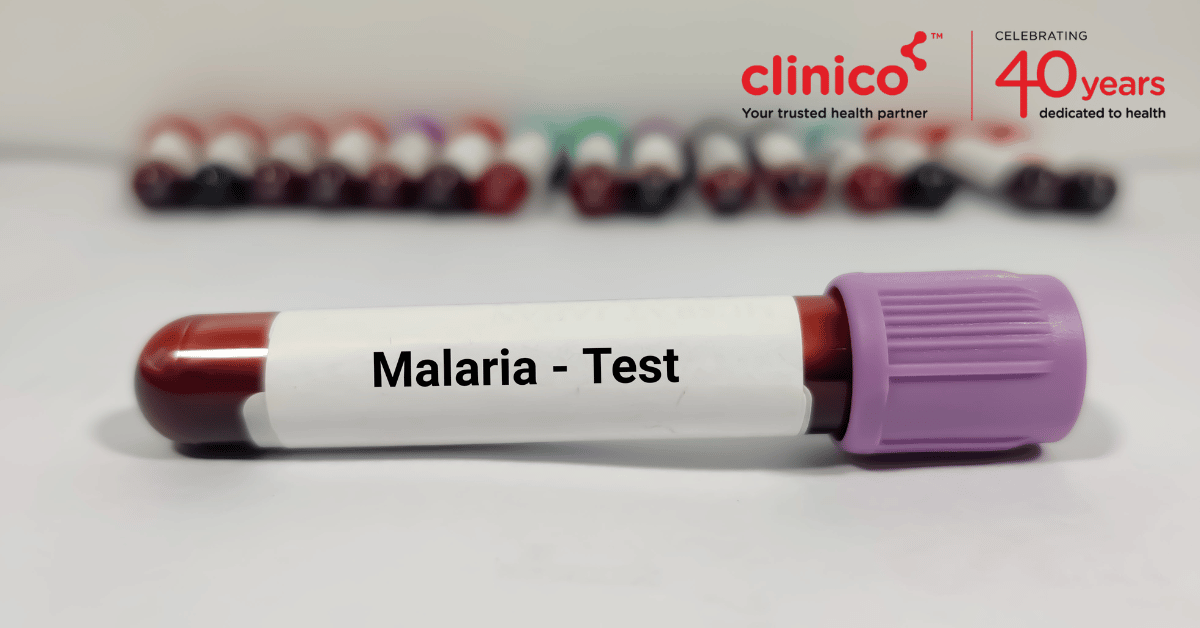
A common disease in regions with tropical & subtropical climates, malaria leads to the deaths of thousands of people each year across the globe.
Hence, you must be aware of the diagnostic tests for malaria that help detect this potentially life-threatening disease.
What are the Malaria Tests?
The diagnostic tests conducted for detecting malaria include Malaria Rapid Diagnostic Tests (RDTs) and Blood Smear Test.
Malaria Rapid Diagnostic Tests (RDTs) help diagnose malaria by detecting the presence of malaria parasites (antigens) in a person’s blood sample.
Malaria RDTs only necessitate a drop of peripheral blood, usually taken from a finger/heel prick. They are also quite easy to use, with little training and no specialist services required. Moreover, they don’t need any infrastructure/apparatus to operate, making them functional even in remote areas.
Speaking of a malaria blood smear test, it helps doctors find out what type of malaria parasite a person has and the number of parasites in the blood.
What are the tests used for?
As the name suggests, Malaria Rapid Diagnostic Tests help detect malaria in a person within a short period of time. This is important since early diagnosis & treatment of malaria are crucial to avoiding deadly complications, such as internal bleeding and liver & kidney failure.
On the other hand, a Blood Smear Test is generally used to confirm the diagnosis of malaria after an RDT returns a positive result.
Why do you need a malaria test?
A malaria test is typically recommended for people who have come back from a trip to a region where malaria is common. In addition, individuals exhibiting malaria symptoms also need to undergo a malaria test to make the diagnosis.
People with the following symptoms are usually advised a malaria test::
- Fever
- Chills
- Headache
- Body aches
- Fatigue
- Nausea & vomiting
How to detect Plasmodium spp through antigens?
The malaria parasite, also known as Plasmodium spp, can be detected in the blood sample of a person by testing in the following ways:-
Rapid Diagnostic Test: An RDT detects proteins called antigens that are released by malaria parasites in the blood. It delivers quicker results as compared to a blood smear test.
Blood Smear Test: A drop of blood is put on a specially treated slide. The slide is then examined under a microscope by a healthcare professional to detect the presence of malaria parasites.
Conclusion
Healthcare professionals usually suggest individuals to undergo a malaria diagnostic test after returning from areas where malaria is prevalent.
If you are experiencing symptoms of malaria or have visited a region where malaria is a common disease, then book a diagnostic test at your nearest Clinico centre!
Call us 24×7 on 9504555555 to schedule an appointment.

